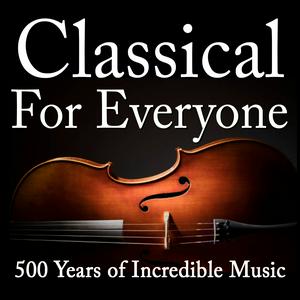Here is the third Classical For Everyone podcast featuring the music of Wolfgang Amadeus Mozart. I've done an episode on the music Mozart wrote in the last year of his life, 1791, back in June and one focused on 1786 last October. This one is still going to use the 'year in the musical life' theme but it will be a little looser… covering the year or so on each side of the pivotal moment in Mozart's life and career where he left Salzburg and moved to Vienna in 1781. It gives me a chance to play you music from a variety of genres, orchestral, opera, string quartet, choral and keyboard. The afterlife of Mozart's music is probably the most successful, or perhaps most fortunate, of all classical composers. So much of his music is still played, broadcast and recorded. But there is a pretty massive amount of amazing music that is not often heard and I think some of it will come up in this episode.


